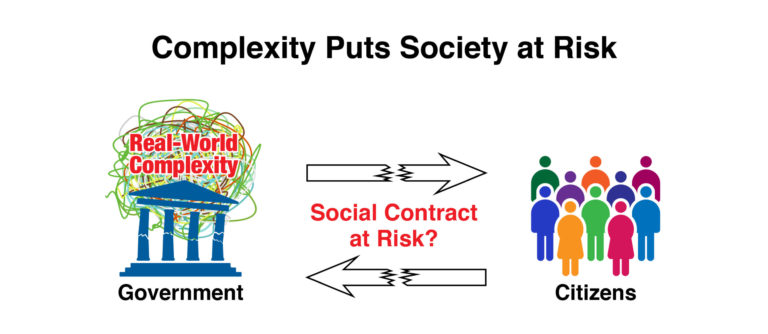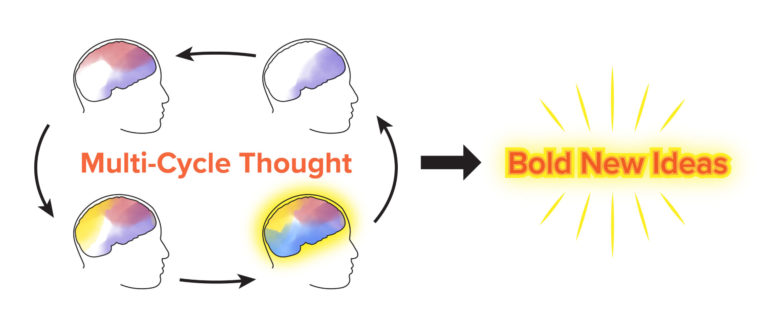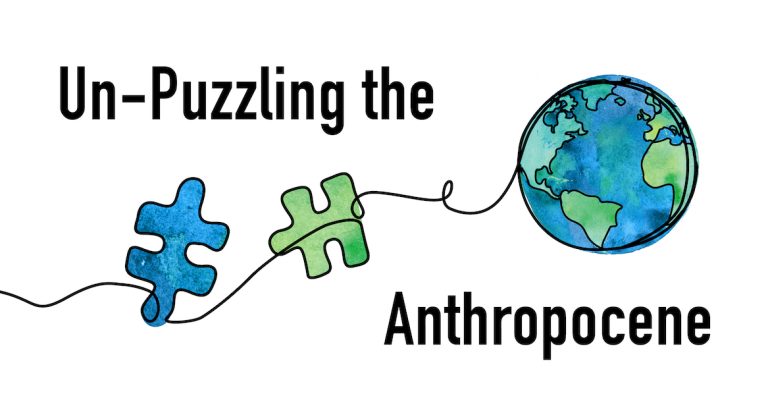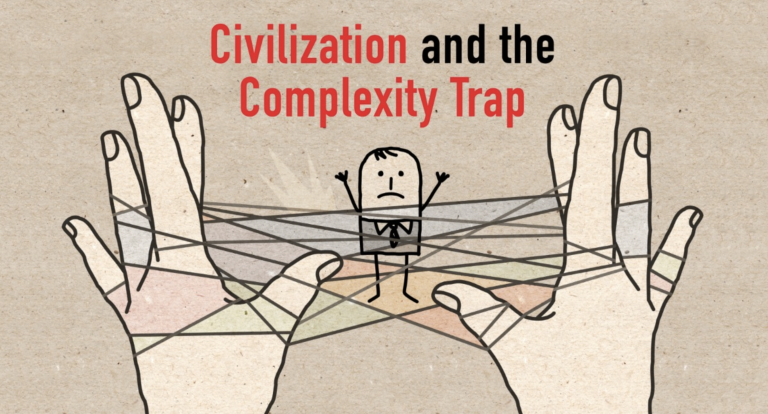Posts by Carl O. Pabo
Technology and the Emergence of “Computational Parasites”
Modern technology now allows the earth to support more than eight billion inhabitants, and many get to enjoy the myriad, wonderful conveniences of modern life. Yet new digital technologies — so lucrative to inventors and entrepreneurs, and so alluring to users — often lead to problems and side effects that society as a whole must…
Read MoreHow Complexity Threatens the Social Contract
Civilization faces many challenges, with concerns about climate change, nuclear war, risks associated with the rise of artificial intelligence, and a long list of other problems. Despite the hard work of many groups and institutions around the world, no clear, acceptable way of fully resolving these problems has yet been offered. I have proposed that…
Read MoreThe Power of Multi-cycle Thought: How Great Minds Develop New Ideas
Daniel Kahneman’s book — Thinking, Fast and Slow — helps readers avoid cognitive pitfalls and encourages everyone to double-check any quick, “intuitive” response they may have to a problem. This is immensely helpful (letting one avoid many common mistakes), yet progress on really hard problems requires a different, “extra-slow” method that I refer to as…
Read MoreUn-puzzling the Anthropocene
Society seems to get stuck when dealing with problems of the Anthropocene — problems like climate change, environmental degradation, and risks posed by the rise of artificial intelligence. There’s trouble because of a complexity that overwhelms the current problem-solving capacity of society. Despite increasing awareness of the problems/risks, and despite ongoing discussion of possible solutions,…
Read MoreHow to Tame Black Swans and Prevent the Next Global Catastrophe
As humans, we tend to do well with the typical, the ordinary, the expected. We rely on experience. This — quite naturally — makes it hard for society to anticipate, prepare for, and handle a pandemic like that seen with COVID-19. And — caught off guard — a crisis then demands our full attention: Failing…
Read MoreCivilization and the Complexity Trap
Civilization has set a trap for itself. Humanity has made amazing progress over the centuries — progress made possible by the rise of the expert. But this progress creates a new problem, as ever-more-complex technologies are deployed at an accelerating rate. Billions of different devices, protocols, ideas, traditions, and people interact — second by…
Read More




